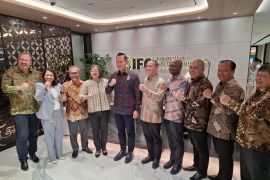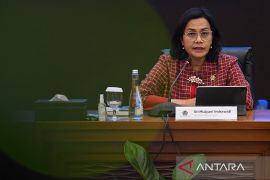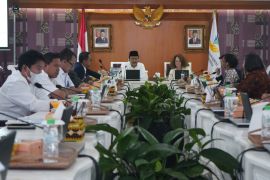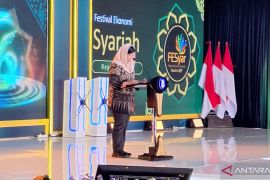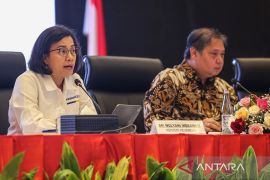"When countries begin to recover in 2021, they must take immediate action to protect vulnerable populations and ensure an inclusive, environment-friendly, and resilient recovery," Kwakwa noted here on Friday.
Poverty rate in the East Asia and Pacific region in 2020 had stopped declining, with an estimated 32 million people driven into poverty due to the pandemic, with US$5.5 per-day poverty line.
The World Bank noted that the pandemic and restrictions on mobility had increased inequality, including in terms of access to various social services and digital technology.
This inequality is apparent in some countries for children in the poorest two-fifths of households that have a 20 percent less chance of being involved in learning activities than kids in the richest fifth of households.
Moreover, women experience domestic violence more severely than before, with 35 percent of the respondents in Laos and 83 percent of the respondents in Indonesia hinting at a spike in the level of violence due to the COVID-19 pandemic.
Meanwhile, several nations in the East Asia and Pacific whose assistance is still smaller than the loss of the people's income, the stimulus has failed to wholly address the lack of demand.
"We all require international cooperation now more than ever before to control the disease, support the economy, and boost the recovery process," World Bank Chief Economist for East Asia and Pacific Aaditya Mattoo emphasized. Related news: DPD speaker cautions of impact of COVID-19 on child poverty
Related news: Number of poor Indonesians rose by 2.76 million amid pandemic
EDITED BY INE
Translator: Astrid Faidlatul Habibah, Katr
Editor: Suharto
Copyright © ANTARA 2021





